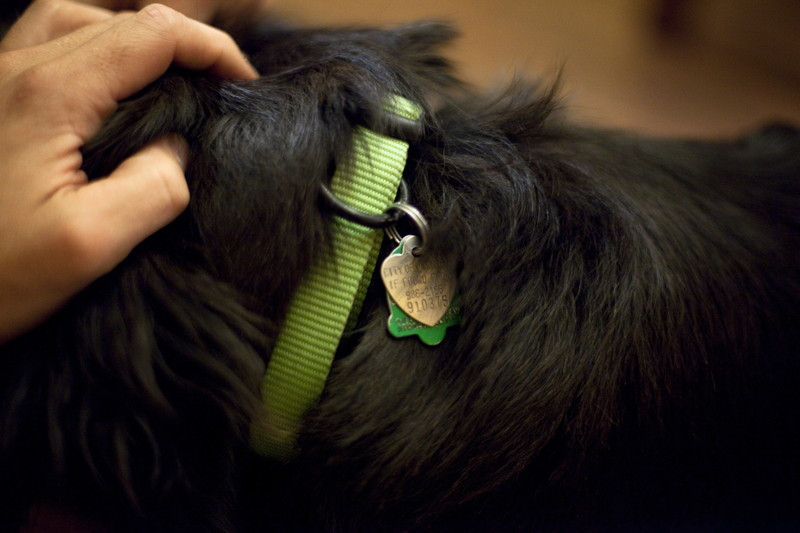Dog licensing for the money, safety
City enforces decades-old bylaw to help fund animal services
Zero tolerance for dogs without licences started Sept. 1 in Winnipeg, and some critics wonder if it amounts to anything more than a cash grab by the city.
Dog licensing is nothing new in Winnipeg.
The Animal Control Bylaw (2443/79) is more than 30 years old, but there has never been an effort to enforce it like this year. The bylaw states that any dog over the age of six months requires a licence, regardless of breed.
Anyone found with an unlicensed dog in their possession can incur a fine of up to $250 issued by The Animal Services Agency. If an unlicensed dog is found wandering stray, the owner is responsible for all charges, including boarding fees of $23 per day and an impound fee of $52.
Critics of the licensing move, such as Sarah McKinney-Mills, a longtime dog owner, wonder why a licence is necessary if a dog already has an identification tattoo as well as an embedded microchip.
“It’s essentially fundraising under the guise of a law,” she said. “A $10 PetSmart tag gets your dog home faster than calling animal control.”
Leland Gordon, chief operating officer of Winnipeg’s Animal Services Agency, responds that it’s to protect the dog.
“One element of the licence is to identify,” he said. “The other element is the revenue.”
According to Gordon, Animal Services responds to 10,500 calls per year, which can range from illegal animal reports to noise complaints. The revenue will pay for their facility, vehicles and animal control, which rely heavily on donors.
“The people who have dogs should contribute more,” Gordon said.
Animal shelters in the city hope that this will make a difference in the number of unclaimed animals.
D’Arcy Johnston, founder of D’Arcy’s Animal Rescue Centre, is all for the enforcement.
“ Licensing provides a measure of control. We get calls for missing dogs everyday.
D’Arcy Johnston, founder, D’Arcy’s ARC
“Licensing provides a measure of control,” he said. “We get calls for missing dogs everyday.”
Before Sept. 1, the city was looking at 40 per cent compliance with the bylaw; since then, it has risen to 50 per cent.
Gordon stresses the benefits to the owners, such as the free ride home program.
If found lost, a licensed dog gets a free ride home. If the dog has to be housed until the owner can respond, the impound and boarding fees are waived the first time.
If you call the phone number on licences after hours you will get directed to 311, who will handle reuniting licensed pets with their owners for no extra fee.
Gordon is confident owners will see the value in licensing.
“When people go down (to Animal Services) they will see where the money goes to,” he said.
In response to critics, Johnston sides with the city.
“The bylaws have to be upheld, or else why have them?”
Johnston hopes that the city will enforce regulation of the teeming cat population next.
“Licensing is not the answer to the overpopulation, but it’s good for control,” he said.
Visit www.winnipeg.ca to license a dog online and learn more.
Published in Volume 66, Number 4 of The Uniter (September 22, 2011)







